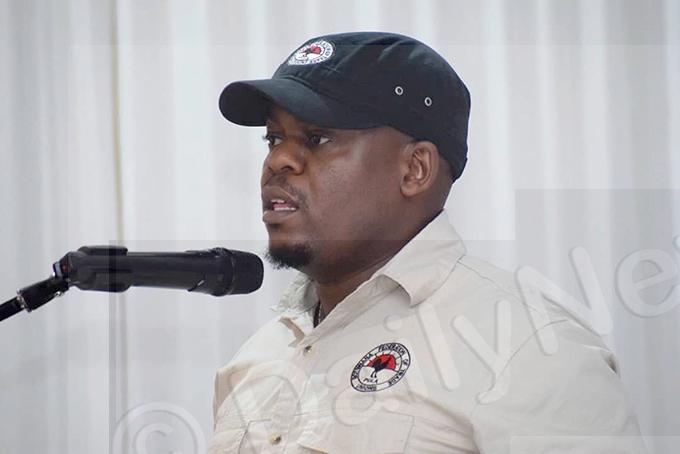Researchers conduct survey in river catchment area
22 May 2024
A team of researchers from University of Botswana (UB) and Botswana University of Agriculture and Natural Resources (BUAN) is conducting research on environmentally sound water management practices for sustainable agricultural practices in the Limpopo River catchment area.
The research is funded by the Department of Research and Knowledge Business under the Ministry of Communications, Knowledge and Technology and conducted under the ‘Africa-Japan collaborative research programme.
The research programme also encourages participation by different stakeholders including social scientists, non-governmental organisations and citizens alongside natural scientists with the aim to make the research outcomes relevant for the wider society.
The project explores conditions under which technological and collective action taken by farmers may improve water quality and enhance fresh water availability to various sectors of agriculture, industry and residential use within society to promote sustainable farming practices in rural communities.
The research project leader, Professor Toyin Kolawole from Okavango Research Institute said they expected to complete their study in 2026.
He said they had already visited the four Limpopo sub-catchment areas of Notwane, Mahalapye, Lotsane and Shashe.
The objective of the research exercise, he said, was to introduce the project to stakeholders, record pertinent issues from local farming communities and stakeholders, document water quality issues of concern to communities in selected catchment areas and to identify existing irrigation technologies used by farmers as well as to obtain information on water governance issues in the selected catchment areas.
Prof. Kolawole said the importance of engaging community members before embarking on any development research was when researchers found that the existential problems were bigger than the initially conceptualised problem.
He said contrary to the believe that farmers were the major polluters due to their activities in the catchment area, evidence gathered by the research team showed that pollution was caused by many factors, including waste management practices at the Glen Valley treatment plant.
He said they witnessed poor management and disposal of solid waste by authorities and private companies dumping solid waste into the Notwane River, the discharging of partially treated effluent water from the Glen Valley treatment plant as well as oil spillage from trucks that carry waste to the river.
He noted that mitigation measures proposed by communities and stakeholders were the upgrading of water treatment plants and conducting water chemistry and microbiology analysis, adding that they also called for efficient and effective water monitoring as well as a review of water management policies.
Mitigation strategies expected from the proposed research, he said, were to establish quarries to replace sand mining, discourage the issuance of sand mining licenses and advocating for water chemistry analysis as well as investigate Water Utilities Corporation waste management technology.
He noted that dry season water sampling and analysis would be carried out to determine the impact of seasonal variations on water pollution in the area. ENDs
Source : BOPA
Author : Esther Mmolai
Location : MAUN
Event : Research
Date : 22 May 2024





